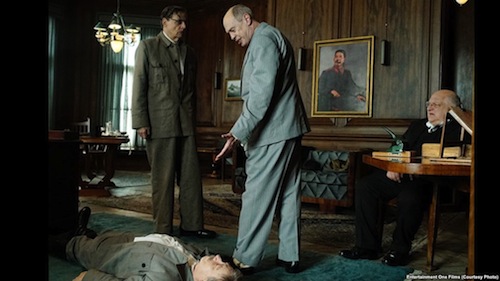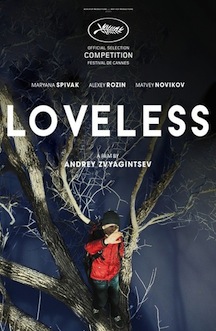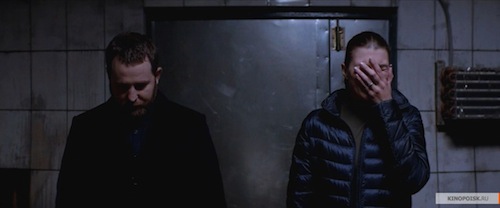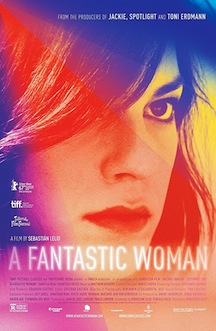Directed by Francis Lawrence
Country: USA
After three installments of "The Hunger Games" franchise, director Francis Lawrence teams up once again with the charismatic actress Jennifer Lawrence for a sexed-up espionage thriller that, lacking depth, still finds a compromise between the satisfying action and the inglorious thrills.
Set in modern-day Russia, the story follows Dominika Egorova (Lawrence), a superb Bolshoi ballerina whose career ends abruptly after a serious injury. Overwhelmed by an unclear future, she is maliciously approached by her surreptitious uncle, Ivan (Matthias Schoenaerts), an agent for the Russian intelligence who assigns her a perfidious mission before sending her to Sparrow School. Once there, she is subjected to an intensive and sadistic training, learning to use her body and mind to seduce possible targets. Dominating the art of manipulation, Dominika will become a reliable agent, but her efficiency and determination soften after she bumps into Nate Nash (Joel Edgerton), an American CIA operative who is trying to save the same mole - identified as Marble - she was ordered to seek and destroy.
Soon, Dominika becomes a double agent. She does it out of love and as a response to the brutal assassination of another Russian female spy, a warning to all agents in an attempt to prevent leaks of secret information.
Directing from a script by Justin Haythe (“Revolutionary Road”, “The Lone Ranger”), based on the novel by Jason Matthews, Francis Lawrence plays with overused counter-espionage tactics while trying to gain some more points through a faulty Russian-American romance. "Red Sparrow" packs an imperfect punch that only becomes effective during the brief yet violent interrogations and a well-mounted scene involving unmerciful stabs.
Modest appearances by Charlotte Rampling and Jeremy Irons as the headmistress of Sparrow School and General Vladimir Andreievich Korchnoi, respectively, weren’t enough to push the film into the limelight. We are left with a few lurid episodes, abundant lust, and… Jennifer Lawrence, who, better than Charlize Theron in “Atomic Blonde”, plays this brave if cunning spy with the right attitude and a sexy look.




























































